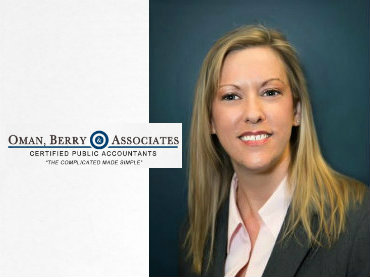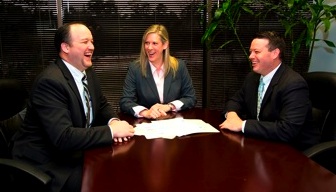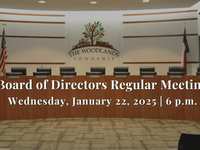- Sections :
- Crime & Public Safety
- Restaurants & Food
- Sports
- More
Fiscal Cliff impacts wage earner's paychecks

MONTGOMERY COUNTY, Texas -- Though there was a feeling of relief in the air that the Fiscal Cliff was averted, most Americans may realize a startling impact when they receive their paychecks on the 15th of this month.
“Fiscal Cliff might have been averted to a degree, but payroll taxes still increased which does affect the individual wage earner,” County Judge Alan B. Sadler said. “Folks may very well see a salary decrease in their overall paycheck.”
In an effort to help the average taxpayer work though the recession that loomed over the nation beginning in 2008, President Obama and Congress passed a temporary form of relief known as the “Payroll Tax Holiday” in 2011, and extended it for 2012. This payroll tax holiday decreased the Social Security tax from 6.2 percent to 4.2 percent on wages up to $110,000.
According to Melissa Rascon, CPA, Managing Director and Senior Tax Manager for Oman, Berry & Associates, one of the goals behind the temporary decrease in payroll taxes was to stimulate the economy by putting a little more money in the pockets of consumers, and business owners to encourage investment and keep their businesses growing.
“As the deadline approached for the expiration of the so-called “Bush Tax Cuts,” initiated by the Economic Growth and Tax Relief Reconciliation Act of 2001 (EGTRRA), and accelerated by the Jobs and Growth Tax Relief Reconciliation Act of 2003 (JGTRRA) (both extended by subsequent legislation), on December 31, 2012, Congress worked anxiously to come to an agreement on what parts of the “Bush Tax Cuts” they would extend permanently, temporarily, and allow to sunset,” Rascon said. “On January 1, 2013, Congress passed the American Taxpayer Relief Act of 2012 making permanent the Bush tax cuts for 98 percent of taxpayers. However, because this Act failed to keep the temporary reduction of the Social Security payroll tax, increasing the payroll tax to the pre-2011 percentage of 6.2 percent from 4.2 percent, 77 percent of Americans will pay higher taxes in 2013.”
The change in one’s overall tax liability will not simply be a two percent increase. Instead, it will correspond to their 2012 cash income level.
According to the Tax Policy Center, workers who made between $10,000 and $20,000 in 2012 can expect to see one percent less after-tax income, on average. Meanwhile, those earning between $50,000 and $75,000 will take home 1.6 percent less than they did the previous year. Individuals making between $100,000 and $200,000 in 2012 will see the largest percentage change in after-tax income, with workers taking home 1.7 percent less each pay period.
“Businesses may have initiated salary increases here in Montgomery County. We gave our employees a 3 percent increase,” Sadler said. “Depending upon the percentage increase, for some workers who were given a raise in salary at the end of 2012, or the beginning of 2013, it is quite possible that they will still see a decrease in their overall take-home pay.”
Unfortunately, this is not the end all be all for the individual taxpayer with respect to their payroll taxes. In relation to the Affordable Care Act, also known as “Obamacare,” effective January 1, 2013 an added .9 percent of additional Medicare tax will be applied to those with wages in excess of $200,000.
“Although 2012 was a pretty quiet year in terms of tax legislation, it is not overreaching to suggest that the tax law will be ever-changing in 2013 as it pertains to both individuals and businesses,” Rascon said. “With part one of the 'Fiscal Cliff' negotiations past us, we still have parts two, three and four looming in the near future with the Debt Ceiling, Spending Cuts, and Budget Negotiations. Many members from Congress have already hinted that more tax law changes are looming. So, as with the payroll tax increase, the best one can do is prepare for and embrace what lies ahead.”
Montgomery County Judge Alan B. Sadler, who believes government should be about serving the needs of the people and commerce, can be reached at 936.539.7812 or at the Alan B. Sadler Commissioners' Court Building located at 501 N Thompson in Conroe. Melissa Rascon, CPA, Managing Director and Senior Tax Manager for Oman, Berry & Associates can be reached at 832.562.2000 or at 10200 Grogan’s Mill Road, Suite 420 in The Woodlands.











